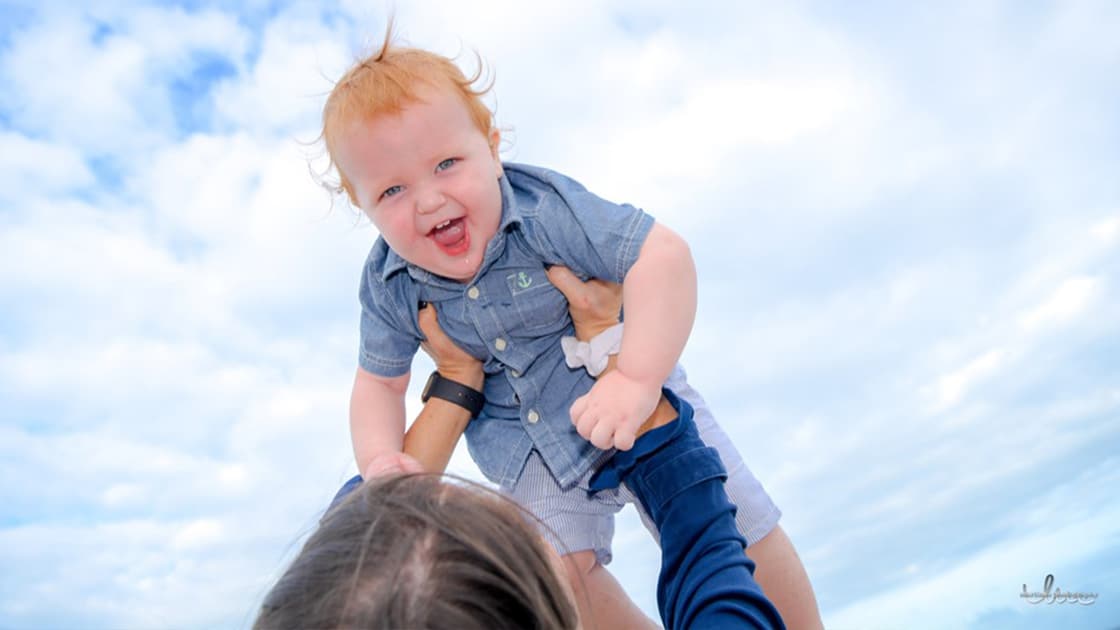
First Visit
The American Academy of Pediatric Dentists recommends that children receive their first dental check-up by the age of 1. Informing your child about their first dental visit is very helpful. We will get to know your child and help them to feel comfortable in the office by explaining what will happen during their visit and showing them the tools and instruments we will use to help keep their smile healthy.
The first dental visit for a child is about making the child feel comfortable, not fearful, and handled accordingly. When you make your initial appointment, please let one of our coordinators know what TV show your child’s favorite is so we can have it playing for them as soon as they arrive (shh, don’t tell them you told us – that’s a gift from the tooth fairy).
We look forward to having you and your entire family as part of our dental family and partnering with you to provide complete care for complete health. Give us a call, we would love to meet you and your child!
Importance and Care of Primary Teeth (Baby Teeth)
Baby teeth, also called primary teeth, are shed, but they are still very important for a number of reasons. Children need strong, healthy baby teeth in order to chew food properly, to pronounce words correctly, and to maintain space in the jaw for permanent teeth. That is why it is important to take good care of the primary teeth by keeping them clean and healthy.
Even before the first tooth erupts, your child’s gums should be wiped gently with a wet cloth or gauze after every feeding. At the appearance of the first tooth, begin brushing your child’s teeth with water. Children older than 2 years should be supervised during brushing to ensure that only a pea-sized amount of fluoride toothpaste is used and that the toothpaste is spit out rather than swallowed, and they rinse with water afterward.
Preventing Decay
Primary teeth, if not kept clean and healthy, can develop decay. This decay can lead to infection, which can damage permanent teeth. Tooth decay in infants and young children occurs when the teeth undergo frequent and extended exposure to liquids containing sugar. To keep your child’s teeth cavity-free and avoid oral pain, do not allow your child to fall asleep with a bottle containing anything other than water.
Milk, formula, and juice, when given to a child right before they fall asleep, can remain on the teeth and in the mouth and cause tooth decay. If your child needs a pacifier between feedings or at bedtime, give them a clean pacifier. Do not give your child a pacifier dipped in honey or sugar.
